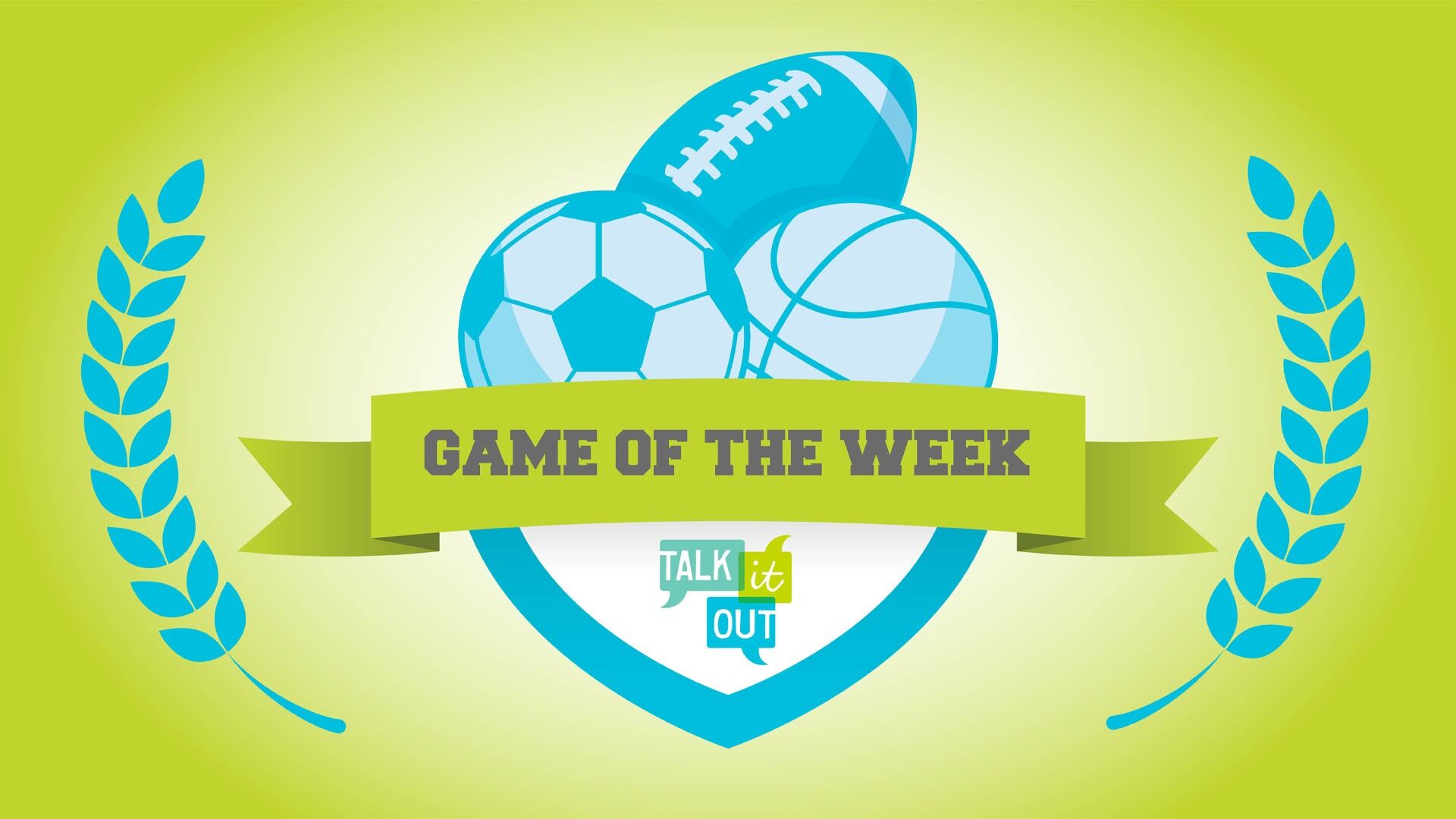Emotional new ad campaign warns about what drinking does to a young brain
By Jane Stancill, News & Observer
Amid the litter of an empty beer keg and trash from an alcohol-fueled party, a teenage girl is sprawled motionless on the floor.
The scene is visually compelling enough, but what you hear is devastating: her labored breathing stops. It’s one of the latest TV spots in the statewide “Talk It Out” campaign against underage drinking, now in its second year. The ads began airing Thursday.
The N.C. Alcoholic Beverage Control Commission is spending $3.2 million a year to plead with North Carolina parents to talk to their children about the dangers of underage drinking. The push is aimed at parents of middle-schoolers, in hopes of spurring a culture change similar to the anti-smoking campaigns of the past.
Previous ads have shown a brain-damaged boy in a wheelchair and a girl in a coffin, spotlighting drunken-driving crashes and other accidents. The new phase of the awareness campaign spotlights an issue that many parents don’t know much about: the impact of alcohol on the adolescent brain.
Drawing on alcohol research at Duke, UNC-Chapel Hill, UNC Charlotte and Wake Forest University, the message to parents is that young brains haven’t fully developed until age 22 to 25. Critical brain development is happening during the teenage years in the frontal cortex, the center of the brain responsible for “executive functioning,” or prioritizing, planning and self-reflection.
Until that area is fully matured, the emotional areas of the brain are more dominant, leading to impulsive behavior, thrill-seeking and risky decision-making. Adding alcohol to the mix just makes the situation worse.
Researchers have found that adolescents are less sedated by alcohol, leading to overconsumption. Also, alcohol reduces social anxiety in adolescent brains to a greater degree than in adult brains, spurring teens to drink to fit in with their peers. These factors tend to promote binge drinking, which can cause blackouts, accidents and unwanted sexual activity, as well as changes in brain development and function.
There are also effects on learning for adolescents that can be long-lasting. Scientists say the hippocampus, the part of the brain involved with learning and memory, is vulnerable. Alcohol can shut down the process of new cells forming in this part of the brain, according to a report on alcohol and the adolescent brain by the North Carolina researchers.
Another long-term effect can lead to a lifetime of problem drinking. Scientists say that the younger people are when they start, the more likely they will abuse alcohol later in life.
This reality convinced ABC Commission chairman Jim Gardner that the campaign ads have to be hard-hitting to get parents’ attention. He said alcohol-related deaths occur every week among young people.
“This is a tough, tough problem, when you’re losing somebody every week,” he said. “They can’t be too tough.”
There’s evidence the campaign is having an impact.
Statewide surveys in February showed that 46 percent of parents and 54 percent of students recalled the first round of ads. Among those who remember, 91 percent of parents said they had talked to their children about underage drinking, compared to 74 percent of parents who didn’t recall the TV spots. And those who’d seen the ad talked to their children about the issue an average of one year earlier than other parents.
Luther Snyder, director of the state’s Initiative to Reduce Underage Drinking, said the survey also shows there’s work ahead. Eighty-four percent of parents consider underage drinking a community problem, but only 59 percent are concerned about their own children drinking before 21.
There’s a perception gap in the problem between parents and students, with students considering the issue more serious. Those who see the ad are more likely to view the problem as serious.
“There’s still a gap either way you look at it, but it’s closing that gap, which is what we want,” Snyder said.
Parents also tend to think they don’t have much influence over what their children will do. The majority think that their kids’ friends will have the biggest impact on their children, but 81 percent of students surveyed said parents talking more to them about the issue could stop underage drinking.
The campaign aims to urge parents to have those discussions, and sooner rather than later.
“If the parents aren’t in that conversation, they’re out of the game,” Snyder said.
The campaign is using paid ads, not public service announcements, which are generally shown in off-hours or may be bumped by commercials.
ABC stores in North Carolina bring in $4 billion in five years’ time. ABC is funding the campaign, which is buying ads on TV, web videos, the online radio service Pandora and in area movie theaters.
“If we’re going to be in the liquor business, then we’ve got a responsibility to my grandchildren, and to your child and to everybody else in the state,” Gardner said.
The ABC has also stepped up enforcement and training for bartenders, especially near college campuses. Posters distributed to bars give detailed instructions to employees about how to spot fake IDs, telling them to quiz patrons about their birth dates and addresses, and to check IDs for “pinholes, glue lines and bumpy surfaces.” The posters also warn employees that they could be fined $2,000, and businesses, $5,000.
The “Talk It Out” message will be seen just about everywhere in North Carolina. The campaign has forged partnerships with the state PTA, Girl Scouts, Boy Scouts and other local groups. Eighty thousand state employees have been directed to the website. Public school teachers have a free online course available to educate them about the issue. And 12,000 bumper stickers will soon go on state vehicles.
“The problem is not somebody else’s,” Gardner said. “It could be yours. … We’re just going to stay the course, and just keep working on it.”



